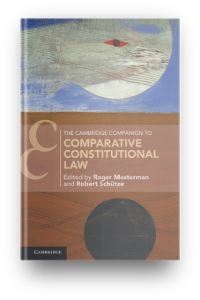Honest and competent administration is essential to legitimate constitutional government. Administrators make rules with the force of law and apply the law to particular cases. The case- by- case implementation of established policies requires citizens to trust in the impartial application of the law. However, impartiality is not suffi cient for administrative legitimacy. In addition, policymaking by the executive and the agencies needs to be consistent both with the competent use of expertise and with accountability to citizens and interest groups. Policymaking delegation is the inevitable result of the weakness of the legislative process as a site for detailed policy prescriptions. Gaps and ambiguities are inevitable. Furthermore, the electoral process is too aggregated and episodic to be the only legitimate route for citizen infl uence on policymaking. Referenda and surveys are not a responsible option for most policy choices; they risk measuring the views of uninformed individuals, often reacting to emotional appeals. Hence, other routes to public involvement beyond voting and surveys are a crucial aspect of legitimate, representative democracy. Administrative law scholarship needs to articulate practical ways to combine public input with the competent application of technical information to policy.
The chapter begins by arguing that public input into executive policymaking is consistent with the democratic principles that undergird constitutional democracies. The next section unpacks the concept of public participation and outlines alternative ways for an administration to elicit outside input. It draws especially on the cases of the United States, Germany, France and the United Kingdom.
